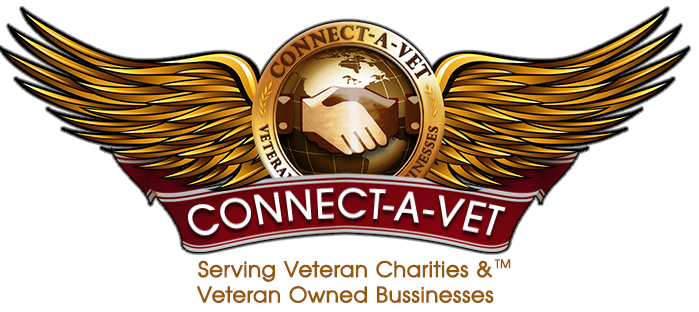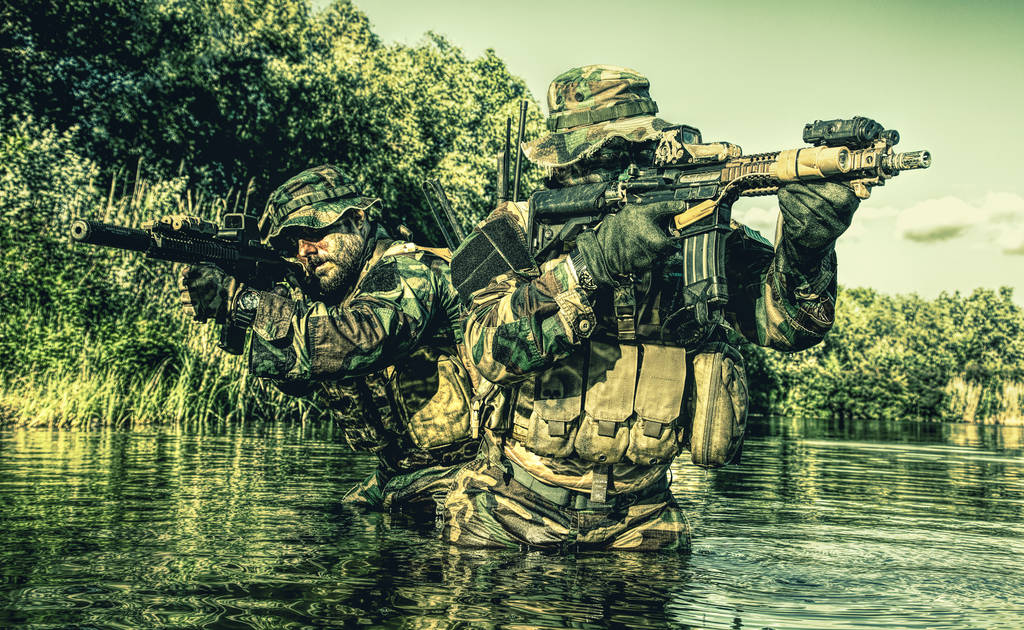The Veterans Health Administration (VHA) has been at the forefront of exploring innovative treatments for mental health conditions that affect veterans, particularly PTSD, TBI, depression, and suicide prevention. While much attention has been given to psilocybin, the VHA has also experimented with other non-traditional therapies, including substances like LSD, as well as various experimental approaches that extend beyond conventional medical treatments. These explorations are part of a broader effort to find more effective solutions for mental health issues that are often resistant to traditional pharmaceutical interventions.
LSD and Psychedelic-Assisted Therapy
LSD (lysergic acid diethylamide), one of the most well-known psychedelics, has a complex history within the United States, especially in the context of mental health treatment. Initially explored in the 1950s and 1960s for its potential therapeutic effects, LSD fell out of favor due to its association with the counterculture movement and the subsequent legal restrictions imposed by the Controlled
Substances Act of 1970. However, recent years have seen a resurgence in interest, particularly in its potential to treat PTSD and other mental health conditions.
Types of Experiments and Findings
The VHA, along with academic and private institutions, has supported various studies examining the effects of LSD on mental health. These studies typically involve controlled settings where LSD is administered to participants alongside therapeutic interventions such as psychotherapy or counseling.
- PTSD Treatment: One of the most promising areas of research involves the use of LSD-assisted psychotherapy to treat PTSD. Studies suggest that LSD can help break down psychological defenses and allow individuals to confront and process traumatic experiences in a controlled environment. The dissociative and introspective effects of LSD may facilitate emotional breakthroughs, leading to lasting reductions in PTSD symptoms.
- Enhanced Emotional Processing: Similar to psilocybin, LSD is believed to enhance neuroplasticity, enabling the brain to form new neural connections. This can lead to improved emotional regulation, helping individuals develop healthier coping mechanisms and reducing the severity of PTSD-related symptoms.
- Learned Insights: Researchers have found that the altered states of consciousness induced by LSD can lead to profound personal insights, helping individuals reframe their experiences and reduce the emotional burden of traumatic memories.
Other Experimental Therapies Outside the Medical Arena
Beyond psychedelics, the VHA has explored several other non-conventional therapies aimed at improving mental health outcomes for veterans. These approaches often draw on holistic, alternative, and integrative medicine principles, seeking to address mental health in a comprehensive manner.
- Virtual Reality Exposure Therapy (VRET)
- Concept: Virtual Reality Exposure Therapy (VRET) is an innovative approach
that uses immersive virtual environments to help veterans confront and process traumatic memories. By recreating the sights, sounds, and even smells of combat scenarios, VRET allows veterans to face their fears in a controlled and safe environment. The aim is to gradually desensitize individuals to traumatic stimuli, reducing the intensity of PTSD symptoms. - Findings: Studies have shown that VRET can be particularly effective for veterans who struggle with traditional talk therapy. The immersive nature of virtual reality allows for a more direct engagement with traumatic memories, leading to significant reductions in PTSD symptoms over time. The controlled exposure also helps veterans regain a sense of control over their reactions to traumatic memories.
- Concept: Virtual Reality Exposure Therapy (VRET) is an innovative approach
- Hyperbaric Oxygen Therapy (HBOT)
- Concept: Hyperbaric Oxygen Therapy (HBOT) involves breathing pure oxygen in a pressurized environment, which increases oxygen levels in the blood and promotes healing. Originally used to treat conditions like decompression sickness and chronic wounds, HBOT has been explored as a treatment for TBI and PTSD.
- Findings: The rationale behind HBOT for TBI is that increased oxygenation can promote the repair of damaged brain tissue and reduce inflammation. Preliminary studies have shown some promise, with veterans reporting improvements in cognitive function, mood, and overall well-being. However, the evidence is mixed, and more research is needed to determine the efficacy and safety of HBOT for mental health conditions.
- Transcranial Magnetic Stimulation (TMS)
- Concept: Transcranial Magnetic Stimulation (TMS) is a non-invasive procedure that uses magnetic fields to stimulate nerve cells in the brain. TMS is primarily used to treat depression that has not responded to traditional treatments, but it is also being explored as a potential therapy for PTSD and TBI.
- Findings: TMS has been shown to improve symptoms of depression by stimulating areas of the brain involved in mood regulation. For PTSD, TMS may help reduce hyperarousal and intrusive thoughts by modulating brain activity. Veterans undergoing TMS have reported reductions in symptoms, though the treatment requires multiple sessions and the effects can be variable.
Holistic and Integrative Approaches
The VHA has also looked beyond pharmaceutical and technological interventions, exploring holistic and integrative approaches that address the whole person—mind, body, and spirit.
- Mind-Body Interventions
- Yoga and Meditation: Practices like yoga and meditation are increasingly recognized for their mental health benefits. These practices promote relaxation, reduce stress, and improve emotional regulation, making them valuable tools for veterans dealing with PTSD and depression.
- Acupuncture: Acupuncture is another integrative therapy that has been explored for its potential to reduce anxiety, depression, and PTSD symptoms. By targeting specific points on the body, acupuncture may help regulate the nervous system and promote a sense of calm and balance.
- Art and Music Therapy: Creative therapies such as art and music therapy offer veterans an alternative means of expressing and processing emotions. These therapies can be particularly effective for individuals who struggle to articulate their feelings through traditional talk therapy.
The VA’s Commitment to Non-Traditional Therapies
The VHA’s exploration of these non-traditional therapies reflects a growing recognition of the need for more effective treatments for mental health conditions that have proven resistant to conventional approaches. While the research is still in its early stages, the VA is taking these explorations seriously, funding studies, and incorporating promising therapies into pilot programs.
However, the adoption of these therapies on a wide scale will depend on several factors, including the outcomes of ongoing research, regulatory approval, and the development of standardized protocols to ensure safety and efficacy. The VA is committed to advancing mental health care for veterans, but it must balance the potential benefits of these innovative treatments with the need for rigorous scientific validation and ethical considerations.
Conclusion
The VHA’s exploration of non-traditional therapies, including psychedelics like LSD and other holistic approaches, represents a bold step forward in the quest to improve mental health outcomes for veterans. These therapies offer new hope for those who have not found relief through conventional treatments, but they also come with challenges that must be carefully navigated. As research continues to advance, the VA’s commitment to these innovative approaches will play a crucial role in shaping the future of mental health care for veterans, offering the possibility of more effective, personalized, and compassionate treatments.

